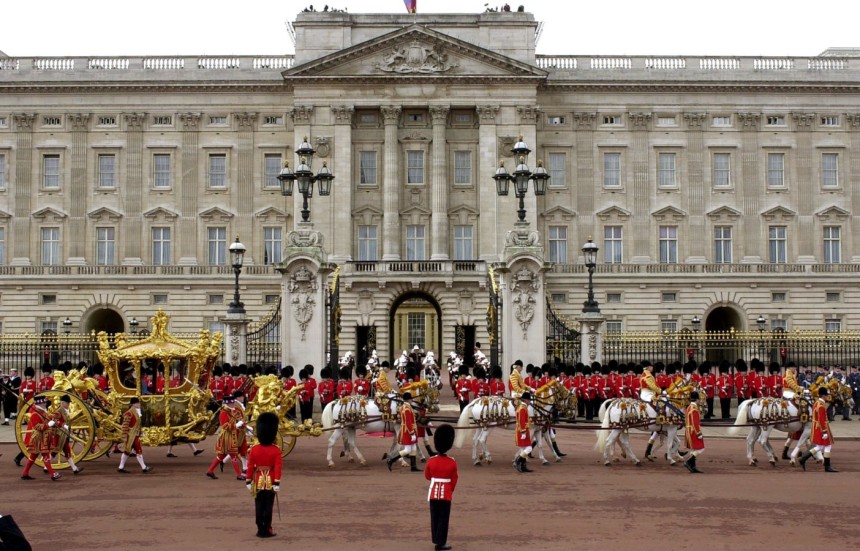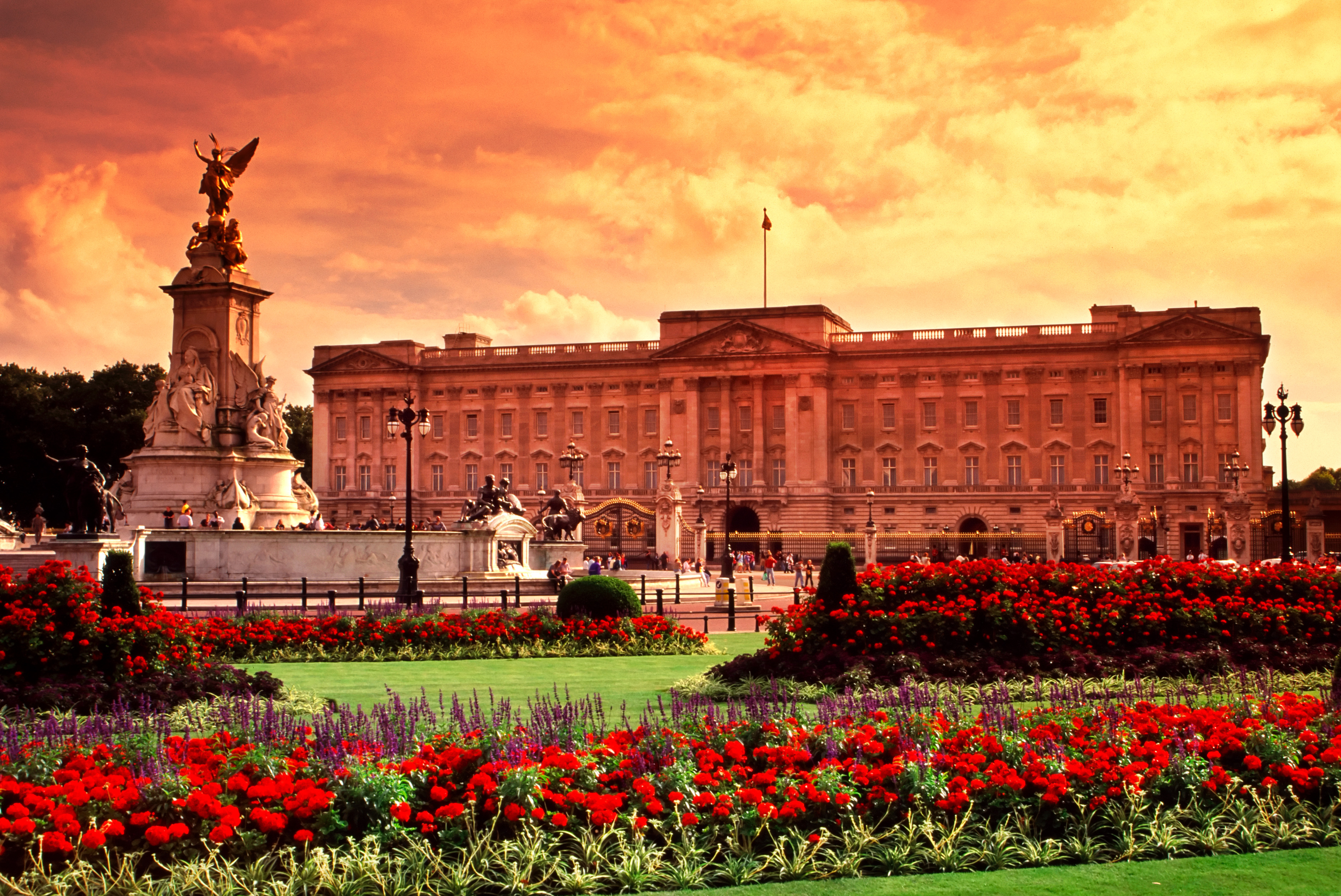Buckingham Palace

Buckingham Palace: A Royal Residence Steeped in History
Standing as the iconic London residence and principal workplace of the reigning monarch of the United Kingdom, Buckingham Palace has been a symbol of British royalty and a focal point for national pride for centuries. Situated within the City of Westminster, the palace has witnessed countless state occasions, royal celebrations, and moments of national unity, earning its place as one of the world’s most recognizable and admired landmarks.
From Private Mansion to Royal Residence
The grand building at the heart of Buckingham Palace, originally known as Buckingham House, was commissioned by John Sheffield, 1st Duke of Buckingham, in 1703. Over the years, the house underwent several expansions and modifications, eventually passing into the hands of King George III in 1761. It was during this period that the building became known as “The Queen’s House,” serving as a private residence for Queen Charlotte.
Transformation into a Royal Palace
Throughout the 19th century, Buckingham Palace underwent significant transformations, further solidifying its status as a royal residence. Architects John Nash and Edward Blore played pivotal roles in the palace’s expansion, constructing three wings around a central courtyard and creating a more unified and imposing structure. In 1837, upon the accession of Queen Victoria, Buckingham Palace officially became the official royal palace of the British monarch.
A Legacy of Royal Events and Enduring Grandeur
The palace walls have echoed with the sounds of countless state occasions, royal celebrations, and moments of national significance. From grand receptions and diplomatic gatherings to balcony appearances during royal jubilees, Buckingham Palace has served as a backdrop for some of history’s most memorable events.
A Treasure Trove of Art and Historical Significance
Buckingham Palace houses an extensive collection of priceless artworks, including masterpieces by renowned artists such as Rembrandt, Rubens, Poussin, and Canaletto. The State Rooms, exquisitely furnished with fine French and English furniture, provide a glimpse into the grandeur of royal life.
Public Access and Summer Opening
Each year, during the months of August and September, the State Rooms of Buckingham Palace open their doors to the public, offering a rare opportunity to witness the palace’s splendor firsthand. Visitors can marvel at the opulent décor, admire the collection of exquisite artworks, and gain a deeper understanding of the palace’s rich history and significance.
Key Information:
- Address: City of Westminster, London SW1A 1AA
- Phone: +44 (0)20 7766 7300
Opening Hours:
- Monday to Sunday: 9:30 AM to 6:30 PM
Buckingham Palace: A Timeless Icon of British Royalty
Buckingham Palace stands as a timeless icon of British royalty, a testament to centuries of tradition, and a symbol of enduring national pride. Its grand architecture, rich history, and captivating allure continue to fascinate and inspire visitors from around the globe, ensuring that Buckingham Palace remains one of the world’s most beloved and cherished landmarks.
Additional Information:
- The palace has 775 rooms, and the garden is the largest private garden in London.
- The changing of the guard ceremony takes place daily at 11:30 AM.
- The palace is also home to the Royal Mews, which houses the royal carriages and horses.
.



